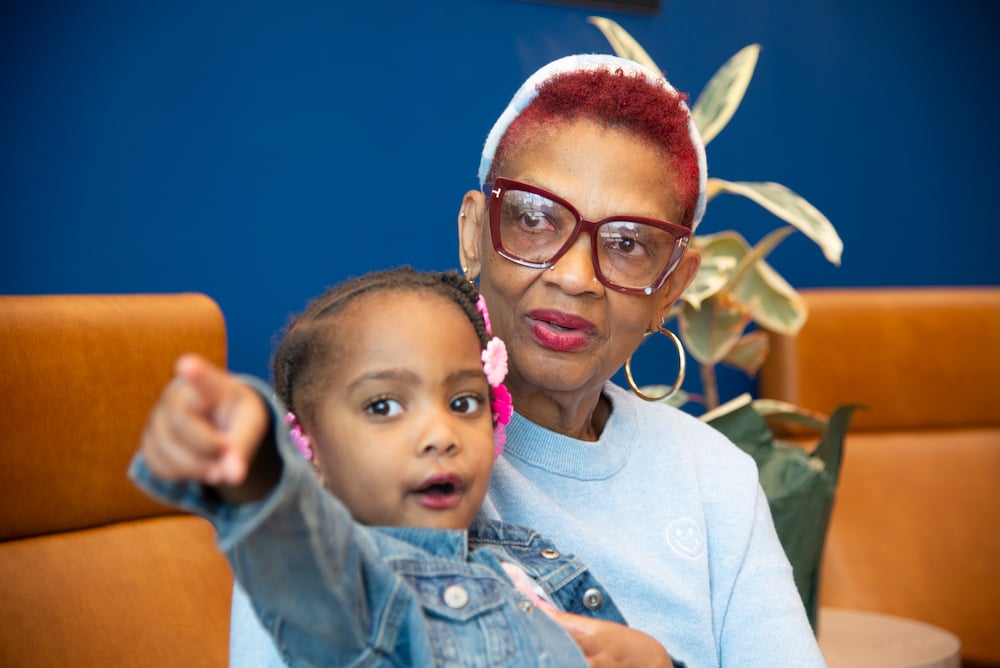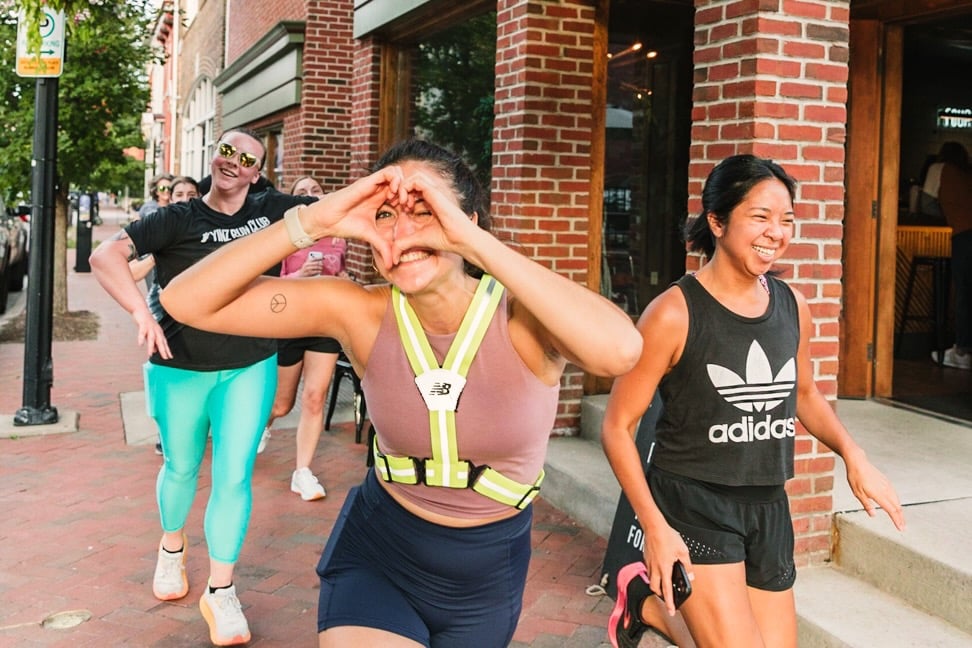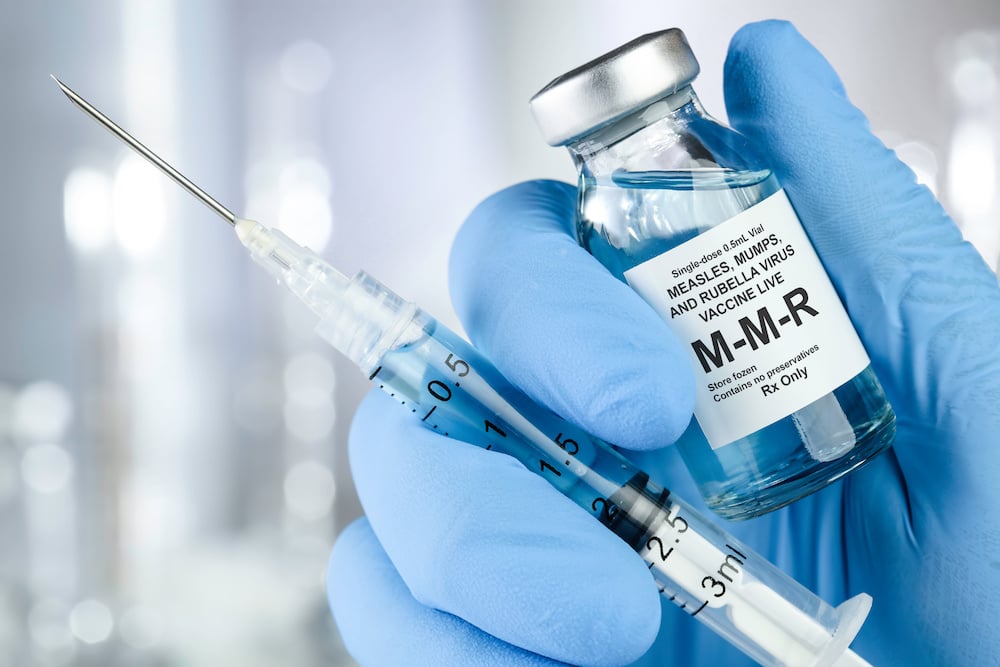How to Talk to Adolescents about Periods
An AHN gynecologist says menstruation is a basic health issue, not something to be ashamed of.
Adolescence brings many changes both emotional and physical, periods among them.
And it’s an issue young people shouldn’t be afraid to discuss, with their peers, their parents and their doctors, says AHN gynecologist Dr. Colleen Krajewski.
“Tampons, as we’re learning this week in the news, doesn’t have to be an insult,” says Krajewski. “It’s not this shameful, dirty thing people want it to be. Sometimes you need toilet paper, sometimes you need tampons, sometimes you need toothpaste.”
Periods should be a part of everyday conversations between kids and adults in the home, Krajewski says. Adults should normalize saying: “I’m going to the store to pick up tampons” or “I always keep a pad in my handbag, that way if I need one or someone else needs one I can help them out,” she says.
The average age for an adolescent to start their period is 11, younger than previous generations.
Krajewski says that first period can be stressful, especially for young kids, so normalizing it and preparing are key.
“There are tons of books that are helpful at this age,” she says. “There’s a whole Disney movie about it!”
One way she tries to help patients is by encouraging them to make a doctor’s appointment if they’re experiencing an issue, such as excessive pain or cramping, that some may brush aside as part of the “normal” period experience.
“You don’t know until you get it evaluated,” she says.
“Certainly that [cramping or pain] can be part of a ‘normal’ experience or it can be something that holds people back. If they’re missing days of school and not being able to do things they want to do … even if there’s nothing ‘wrong,’ even if it is simply a ‘normal’ monthly period, if that’s impacting someone’s life, we’re here to help.”
She also tells young patients and their parents that just because they walk into a gynecological appointment doesn’t mean they’ll have to undergo a pelvic exam.
“The only way anyone can do a gynecologist or pelvic exam is with consent,” she says. “Many gynecologist appointments are just talking.”
She also recommends parents of young patients check with a gynecologist before setting an appointment to make sure that particular doctor or practice is comfortable with adolescent medicine.
“The majority of gynecologists should be fine with that … but it’s worth checking.”
















